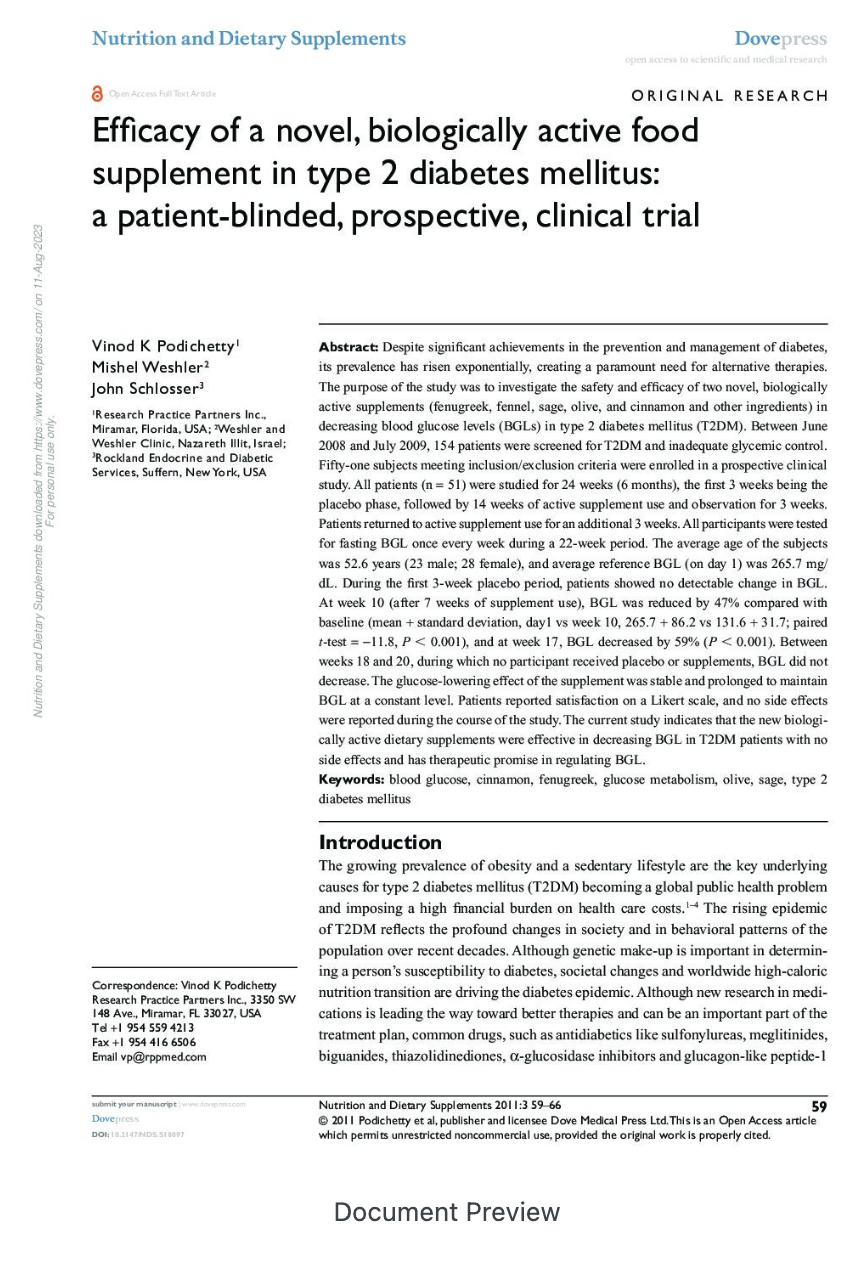We all know what high blood pressure is, but it can be hard to understand the health implications of it. In this article, you’ll learn about the different risks that come with high blood pressure and how you can lower it for a healthier lifestyle.
What are the symptoms of high blood pressure?
High blood pressure, or hypertension, is often called the “silent killer” because it has no symptoms. However, if left untreated, it can lead to serious health problems such as stroke, heart disease, and kidney failure.
There are several ways to lower blood pressure, including diet, exercise, and medication. If you have high blood pressure, talk to your doctor about the best treatment plan for you.
How is high blood pressure detected?
There are a few ways to detect high blood pressure. A common method is to use a blood pressure cuff, which is placed around the upper arm and inflated. This will give a reading of the systolic blood pressure, or the pressure when the heart is contracting. The diastolic blood pressure, or the pressure when the heart is at rest, can also be checked using this method.
Another way to detect high blood pressure is through a 24-hour ambulatory monitoring test. This test monitors the blood pressure throughout the day and can give a more accurate picture of what the normal range is for an individual.
If high blood pressure is suspected, a doctor will likely order a confirmatory test called a home blood pressure monitoring test. This test involves taking readings at different times of day for several days in a row.
Is it always bad to have high blood pressure?
No, not always. In fact, for some people, a little bit of extra pressure may be helpful. For example, people who havee low blood pressure may sometimes be advised by their doctor to eat or drink a sugary substance to raise their blood pressure. However, if you have high blood pressure that is not caused by another condition and it is not controlled, it can lead to some serious health problems.
High blood pressure can damage your arteries by causing them to become narrower and less flexible. This makes it harder for blood to flow through them and can lead to a heart attack or stroke. High blood pressure can also damage your kidneys and cause them to fail.
If you have high blood pressure, there are things you can do to lower it. Losing weight, eating a healthy diet, and exercising regularly can all help. You may also need to take medication to control your blood pressure.
Factors that might be affecting your health and your blood pressure numbers
Your blood pressure is determined by a number of different factors, some of which you can control and others that you can’t. For example, your age, weight, and family history are all out of your control. However, there are lifestyle choices that you can make that will help lower your blood pressure and improve your overall health.
If you are overweight or obese, losing even a small amount of weight can make a big difference in your blood pressure numbers. Eating a healthy diet is also important. Adding more fruits, vegetables, and whole grains to your diet can help lower your blood pressure, as can reducing the amount of sodium you consume. Cutting back on alcohol and quitting smoking are also key to lowering your blood pressure and improving your health.
Making these lifestyle changes can be difficult, but they are worth it. If you need help getting started, talk to your doctor or a registered dietitian.
What lifestyle changes can you make to lower your BP?
There are a number of lifestyle changes you can make to lower your blood pressure. These include:
– Eating a healthy diet that is low in salt and fat
– Getting regular exercise
– Cutting back on alcohol
– Quitting smoking
Making these changes can help to lower your blood pressure and improve your overall health.
Conclusion
If you have high blood pressure, it is important to take steps to lower it. This is because high blood pressure can lead to serious health complications, such as heart disease and stroke. There are many things you can do to lower your blood pressure, such as eating a healthy diet, exercising regularly, and reducing stress. If you make these lifestyle changes and your blood pressure remains high, you may need medication to help lower it. Work with your doctor to find the best treatment plan for you.



Recent Comments